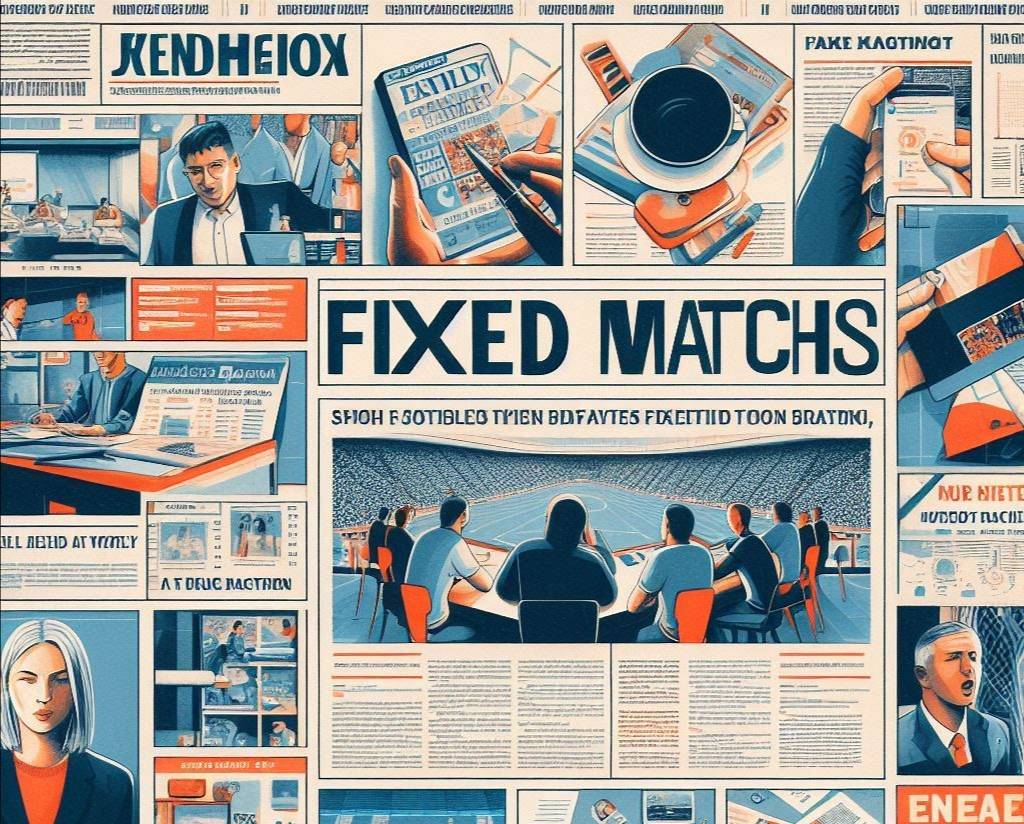Do fixed matches exist?
Yes, fixed matches do exist.
Fixed matches refer to matches in sports, particularly in football (soccer), where the outcome is pre-determined or manipulated by individuals involved in the game. These individuals could include players, coaches, referees, or other officials who are bribed or coerced into influencing the result of the match for financial gain. Fixed matches are considered illegal and unethical, as they undermine the integrity of the sport. Authorities and sports organizations worldwide work to detect and prevent such activities through investigations, monitoring, and strict regulations.
FULL CONCERPT ABOUT FIXED MATCHES
Fixed matches are a dark and sinister aspect of the world of sports, particularly in football (soccer). They involve the manipulation of match outcomes by individuals who have a vested interest in the result. These individuals could include players, coaches, referees, or other officials who are bribed or coerced into influencing the game for financial gain.
The concept of fixed matches revolves around the idea that the outcome of a sporting event is predetermined before it even takes place. This means that no matter how the game unfolds, the result has already been decided behind closed doors. The motivations behind fixing matches can vary, but they usually revolve around financial gain. Individuals involved in fixing matches may receive large sums of money from illegal gambling syndicates or other interested parties.
Fixed matches not only undermine the integrity of the sport but also have severe consequences for fans, bettors, and the overall reputation of the game. When matches are fixed, the element of fair competition is completely eradicated, leaving fans feeling cheated and disillusioned. Bettors who place wagers on these matches are also victims, as they are essentially betting on an outcome that has already been determined.
Authorities and sports organizations worldwide are well aware of the existence of fixed matches and work tirelessly to detect and prevent such activities. They employ various methods such as investigations, monitoring, and strict regulations to ensure the integrity of the sport. However, despite these efforts, fixed matches continue to persist, often in the shadows.
One of the challenges in combating fixed matches is the difficulty in detecting them. The individuals involved in fixing matches operate covertly, making it challenging for authorities to gather evidence and catch them in the act. Furthermore, the vast amounts of money involved in illegal gambling syndicates make it an attractive venture for those seeking financial gain.
To tackle this issue, sports organizations have implemented measures such as increased surveillance, stricter regulations, and harsh penalties for those found guilty of fixing matches. They also collaborate with law enforcement agencies and betting monitoring companies to gather intelligence and identify suspicious activities. In some cases, undercover operations are conducted to expose those involved in match-fixing.
Education and awareness play a crucial role in the fight against fixed matches. Sports organizations and authorities work to educate players, coaches, and officials about the consequences of their actions and the importance of maintaining the integrity of the game. Whistleblower programs are also established to encourage individuals with information about match-fixing to come forward and report any suspicious activities.
While the battle against fixed matches continues, it is essential to remember that the majority of sporting events are fair and competitive. The actions of a few individuals should not tarnish the reputation of the entire sport. By remaining vigilant, enforcing strict regulations, and promoting integrity, sports organizations and authorities can continue to protect the spirit of fair play and ensure that fixed matches remain an anomaly rather than the norm.



No comments yet
Be the first to share your thoughts!